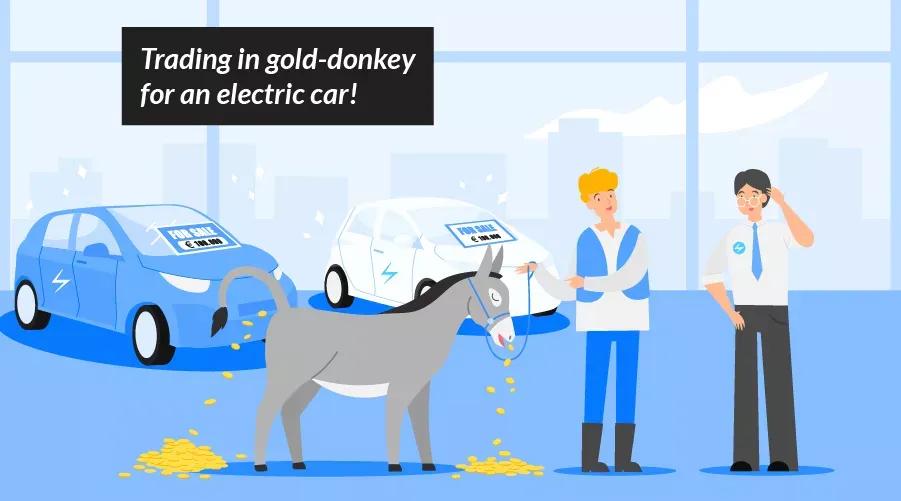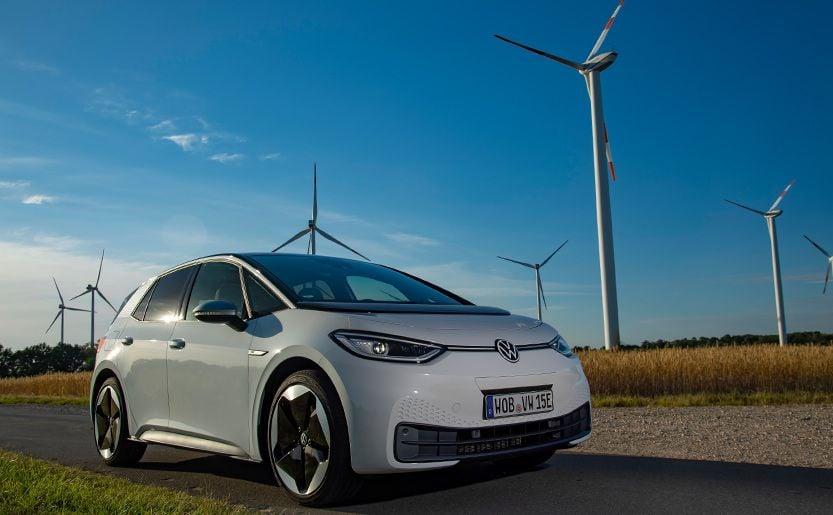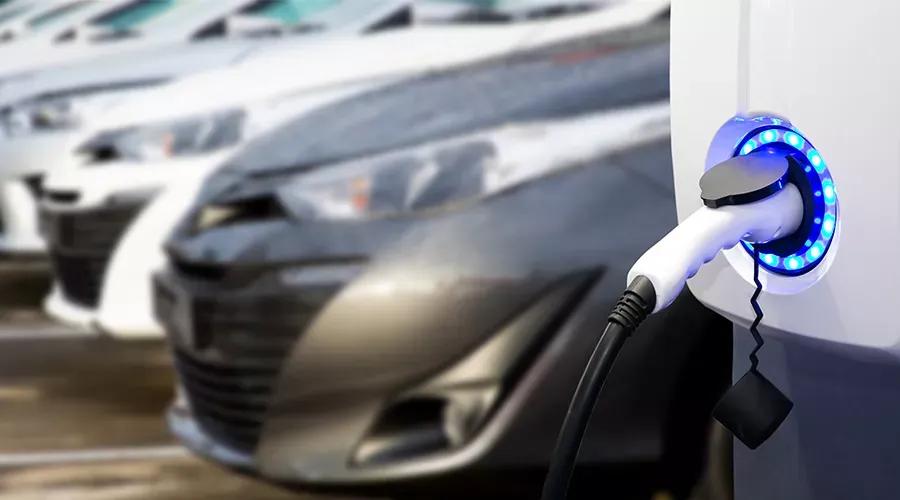Due to the higher purchase prices, many assume that electric cars have a general cost disadvantage. However, at the latest since the announcement of the environmental bonus (in Germany), it is clear that the electric car is ahead. Especially when the total costs are considered over a longer period of use: According to a study by the Forum for an Ecological-Social Market Economy, the cost advantage of electric cars averages twelve percent, primarily due to significantly lower operating and workshop costs as well as tax benefits. The basis of the calculations in this case was the regulation that provided for a subsidy of 6,000 euros for all-electric cars from 2020 if their net price was less than 40,000 euros.
Lower purchase price thanks to innovation premium
The subsidy for the purchase of an electric car, the so-called environmental bonus (limited until the end of December 2021) rose from 6,000 to 9,000 euros. The bonus, which was listed in the stimulus package as an "innovation premium," was only available for electric cars costing less than 40,000 euros net. In 2023, the bonuses were adjusted downward and now amount to 6,750 and 4,500 euros, respectively (net list price 40,000-65,000 euros).
In the small car segment, combustion models sometimes cost just over half of a comparable electric car. Now prices are converging, dropping to a good 15,000 and 23,000 euros respectively for some e-cars such as the smart EQ fortwo or the VW "e-up". Popular electric cars in the price range around 36,000 euros, such as the Opel Corsa-e or Renault Zoe, are already available for less than 30,000 euros thanks to the subsidy.
A study by the German automobile association ADAC also found cost advantages of electric cars compared to combustion engines in several vehicle comparisons over several years of use. For example for the BMW i3, the VW e-Golf, the Mercedes EQC, the Teslas Model 3, S and X and the Porsche Taycan – even without taking the higher subsidies into account.
Batteries will become cheaper
The higher purchase prices of electric cars stem from the relatively high cost of the battery, which currently accounts for about 30 to 35 percent of the total cost. The electric powertrain, on the other hand, is significantly cheaper than the conventional powertrain. Since the prices of batteries are constantly falling, experts expect that in a few years the purchase prices of electric cars and internal combustion engines will converge even without purchase price subsidies. According to Bloomberg, this could soon be the case. The cost advantage of electric cars will then even increase.
Reduced maintenance and repair costs
Due to their design, electric cars also have the advantage that they have fewer parts that could break down or must be replaced at certain intervals. Time-consuming oil changes, the replacement of wear parts such as the exhaust, glow plugs and clutch as well as air and fuel filters are no longer necessary in electric cars. The brakes are also less strained and need to be replaced less frequently, since electric cars decelerate considerably when recuperating via their engine in order to recover energy for the battery. This also saves money for rim cleaning supplies.
All in all, the maintenance and repair costs for electric cars are a good third less than those of a comparable vehicle with a combustion engine, as the Institute for Automotive Economics (IFA) calculated several years ago. According to the experts, after eight years there is a cost advantage for electric cars of around 1300 euros even for a small vehicle. Other advantages such as free parking, loading and parking spaces in the first row, the use of bus lanes or a higher speed limit, as is permitted on some Austrian motorways, are also an added bonus.



